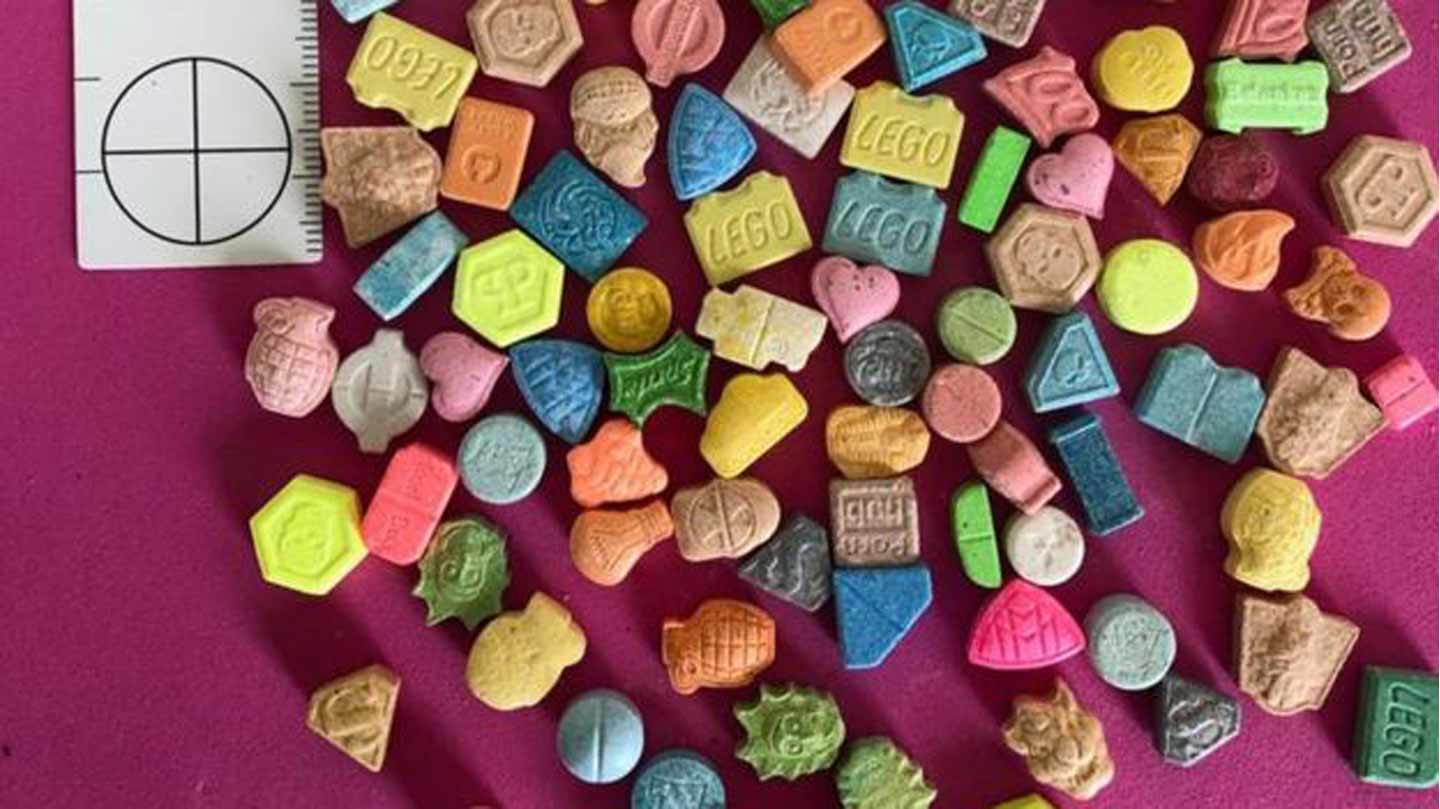
At least one person has died from a suspected drugs overdose at a music festival this summer. The 17-year-old's death at the event in Leeds has reignited the debate about what can be done to stop others meeting the same fate.
Wendy Teasdill still feels the pain afresh whenever a youngster dies at a festival.
It has been six years since her daughter Ellie Rowe died after taking ketamine at the Boomtown Fair and she knows the 18-year-old's death - and the heartache for her friends and family - could have been prevented.
"You see these people growing up, being lively and alive, and then it is just cut short," she said. "It's absolutely tragic.
"These young people, they have finished their exams, this could be their first stab at freedom.
"It's their nature to be selfish and hedonistic. And drugs can be so much stronger than they realise, they need to know what they are taking."
Advertisment
The death of a 17-year-old girl at Leeds Festival on 24 August has sparked online debate, resulting in two pretty clear trains of thought.
The first says people simply should not take recreational drugs - the most common at festivals being MDMA, ketamine and cocaine.
Substances are usually banned from being brought on-site, but organisers concede they still get in.
People argue that users choose to ignore the risks and take them anyway - knowing that, fundamentally, the only way not to die from drugs is not to take them in the first place.
.
The second says people will always take drugs and they therefore should be helped to do so as safely as possible.
This argument is supported by Ms Teasdill and a number of drug-death prevention groups.
Expecting people to universally decline drugs, especially youngsters, is unrealistic, according to Niamh Eastwood of drugs charity Release.
She instead wants substance testing at every festival, so people can find out exactly what is in them before using them.
Finding, for example, that a tablet contains a triple dosage - as police did at Leeds Festival - means a user can perhaps decide to take only part of a pill, or maybe discard it altogether, Ms Eastwood said.
"There is always a risk when you take drugs but the reality is young people will still do it," she said.
"The important thing is we try everything we can to help them make better decisions and, ultimately, get them home safely."
Ms Teasdill is also calling for testing offered by The Loop, which has been operating at some festivals since 2014, to be government-funded and rolled out at every event.
She has seen young people queuing up to have their drugs tested at Boomtown Fair in Hampshire, where her daughter died in 2013 and which subsequently introduced testing by The Loop.
In 2017, the organisation said it tested drugs for 1,100 people at the event, with 44% saying they would discard or reduce their dose as a result.
"These kids want to know what they are taking," Ms Teasdill said.
"Festivals are built on young people's desire for hedonism but they are not taking their responsibility to those young people seriously."
She said water should be more readily available to counteract the effects of drugs, especially when the weather is hot.
Advice should also be given on taking drugs in a safer way - for example, doing so in a place where people can get help, and not in an isolated tent like Ellie and her friend, who came round to find Ellie lifeless.
THINGS TO DOIN LONDON




